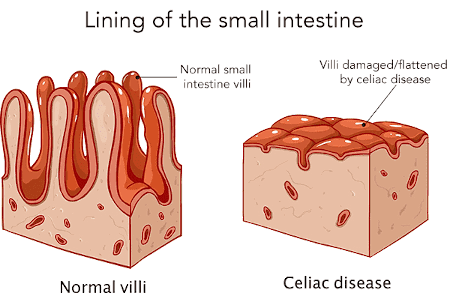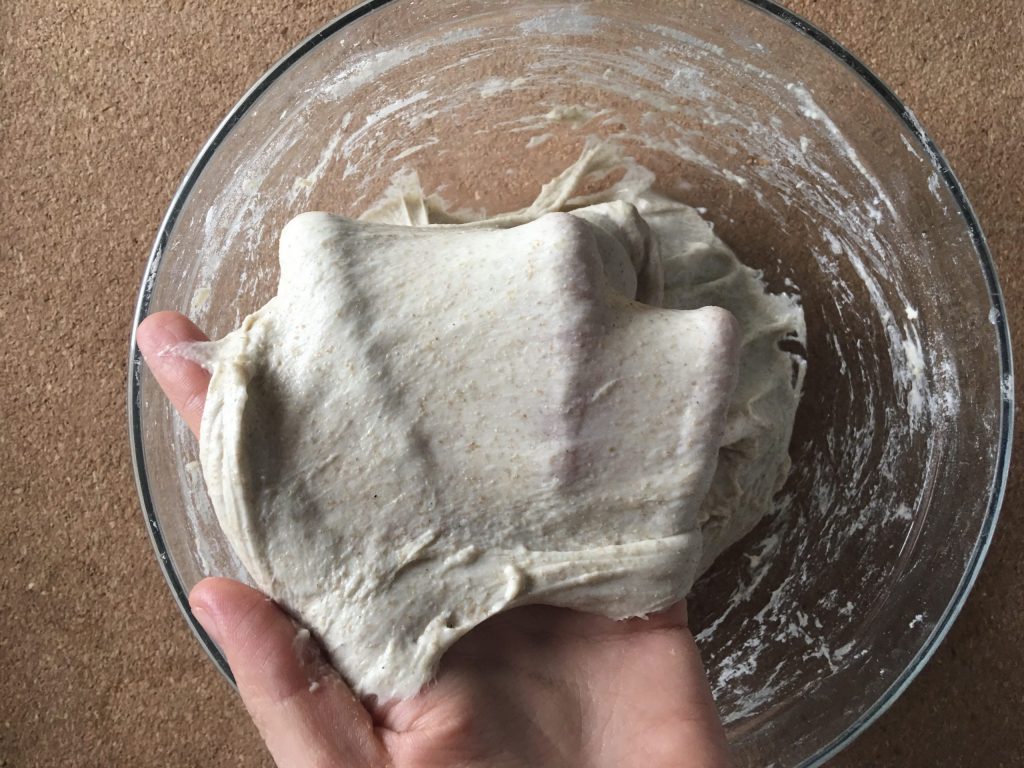Whether or not to consider a gluten-free diet depends on individual circumstances and health conditions. For individuals with celiac disease or gluten sensitivity, adopting a gluten-free diet is essential to manage their condition and prevent adverse health effects. In these cases, consuming gluten-containing foods can lead to digestive issues, malabsorption of nutrients, and damage to the small intestine.
However, for individuals without celiac disease or gluten sensitivity, the decision to adopt a gluten-free diet is a personal choice. It is important to note that there is no scientific evidence to support the claim that a gluten-free diet offers general health benefits or leads to weight loss in individuals without gluten-related disorders.
What is gluten?
Gluten is a protein that is formed in many grains, especially in wheat, barley and rye. It’s therefore common in foods made from wheat such as bread, pasta, pizza, and cereal. This protein is not present in the flour or grains themselves, rather, it is formed from two proteins glutenin and gliadin that are preset in the grains. When flour made from these grains is mixed with water the two proteins combine forming gluten. Therefore, without water, gluten cannot be formed.
Food safety knowledge is for all!

Every consumer deserves to have high quality and safe food. …Read more!

Why is gluten important in baked products
Gluten formed when makig dough is reponsible for the elastic nature of wheat doughs which make wheat useful in baking. Mixing the dough causes gluten development which causes the dough to become more elastic and stretchy, which is importat in bread doughs. Gluten helps in:
- Holding the gas when it is formed during the fermentation of sugars in the dough by the yeast. This helps the dough to rise. This is especially very important in uring the baking process as this is responsible for the oven rise of bread that helps to attain the desired bread volume.
- When the desired volume of bread is achieved in the oven, there is need to maintain that volume to avoid collapsing when the bread is withdrawn from the oven. Gluten gets denatured due to the high temperatures in the oven thus loosing its stretchability and elastic nature and becomes firm to hold the structure and shape of the baked bread.

Thus, although many researchers have tried to eliminate gluten from baked proucts, its not been easy becauseof the two reasons above. Substituting wheat with other types of flours results in major issues with bread volume! More reasearch continues to be done to provide substitutes that can render the same quality in breads.
Why has gluten been hailed as being bad for health?
Gluten is a protein. In some people, who have celiac disease, gluten can trigger an autoimmune response which can cause damage to the small intestines. Celiac disease is a chronic digestive and immune disorder that damages the small intestine. The disease is triggered by eating foods containing gluten. The disease can cause long-lasting digestive problems because of the affected lining and inhibit absorption of nutrients. In addition, it has also been reported to cause har to some other people who may not have the celiac disease. These people occassionally experience bloating, diarrhea, headaches or skin rashes which could also be caused by intoleraces to other food ingredients as well as poorly digested carbohydrates.

Should you consider gluten free diets
Currently, there is no evidence to suggest that gluten does harm to every living being. Infact, theonly compeling evidence is the fact that it does affect the people with celiac disease who should avoid it by all odds to reain healthy. Thus, there is no evidence that itwould improve health to avoid gluten. However, in the case of people who have intolerances that are linked to gluten, avoidance may be useful. More research is needed to determine if complete avoidance of gluten can truelly improve health.
Our Blog ↗
Read the latest from our blog
Ask a Question ↗
Ask a question and get answers from our community
Give Feedback ↗
We value your feedback.


